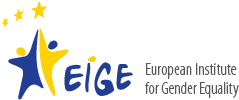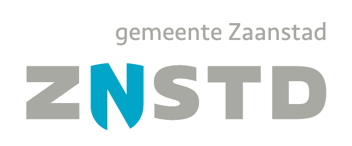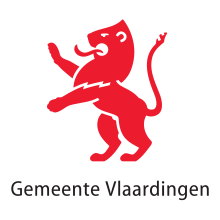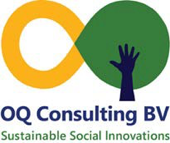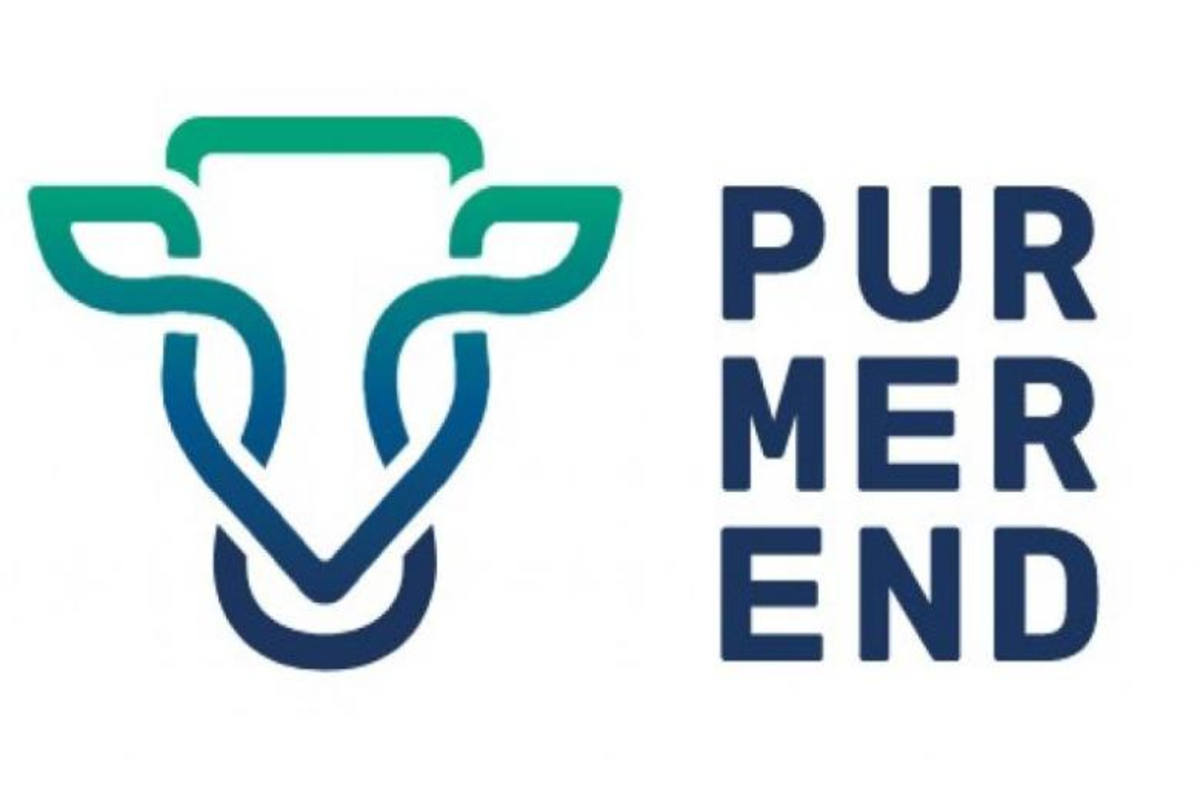Knowing how to find the right partners is an art and one that relies on basic network science. Knowing, liking and trusting is at the core of doing business. And if the business is research, using the networked organisation approach expands the capacity to find the most relevant sources.
NETSHEILA goes beyond cooperating. When we work with companies we make a point of building their knowledge of the science of networks. One of our partners recently invited us to use our networked organisation approach to put together a team of gender experts for a research project. There are three companies involved in this research.
What we did
Our first port of call was our friends. We asked each of the companies who they know who could know someone with expertise in gender in the specific geographic area of this research. We wanted to hear from our friends who they trust. If we know that our friends trust and value these experts, we can trust and value them too. Our friends sent us lists of people they thought we could approach. We sent a letter of invitation to the people they named, mentioning the connection – and by doing this building their trust in us.
Our second port of call was the social media. We noticed three kinds of response
our friends noticed our invitation and passed it on to their friends, including embassies in the region
our friends told us about articles they had read, suggesting we contact the author
we posted in Linked In groups and received a great many, not all of them relevant, responses. This group of recipients were the most troublesome. They did not know us, and some of the respondents clearly didn’t trust us. I could see in the questions from some experts that there was not even a basis of trust – so no basis at all for negotiation. I was less than satisfied with the overall experience of working with Linked In groups, although I am sure some of our team come from this source.
Within a short period of time we were able to put together a diverse, talented and experienced team.
The science of networks
Networks work at the structural, cognitive and relational level. Networks connect you to others at the level of the mind, the heart and the body.
The mind: networks help us develop an understanding of how things work (cognitive level)
The heart: networks help us feel part of the whole. It is the heart part (relational level)
The body: networks help us connect with people we don’t know, but need to be in contact with (structural level).
What we will do
The mind, heart and body do not operate independently of each other. The three levels of networks are similarly co-dependent. The networked organisation approach builds and shares knowledge through relations and relationships.
The team will use the networked organisation approach to gathering and developing knowledge. We will involve the networks of partnering organisations and of the newly acquired gender experts to generate in-depth knowledge about studies and publications that evidence the processes on how women’s rights and gender equality in the region are enhanced or limited.
We will explore who we know, and who the people we know, know, to find relevant sources of information. The networks of contacts make it possible to generate very specific, unique, in-depth knowledge on the issues of gender equality and women’s human rights. We know we will have access to this information because of the trust inherent in the relationships.
Using the networked organisation approach, we will achieve two important things. One is that we will have access to the best sources of information and fulfil our client’s need for knowledge on the current status of gender equality in the region. The second is equally important: by involving local expertise we empower the women who are generating the knowledge and we empower the organisations that are support these women. Notice the two-way traffic here: we are empowered by our sources and they are empowered by us.
Networks build sustainable communities. We are proud to be delivering this expertise to transformative organisations.
========
Lin McDevitt-Pugh MBA
Our clients









